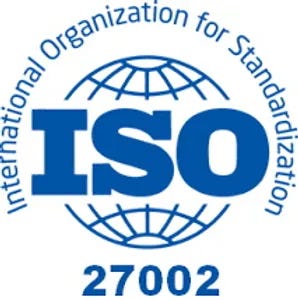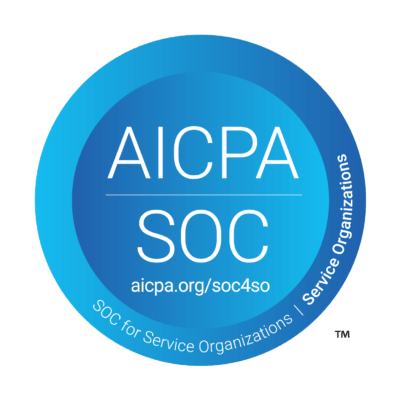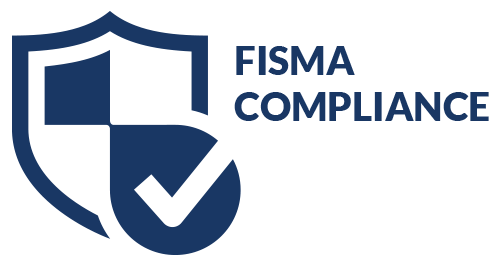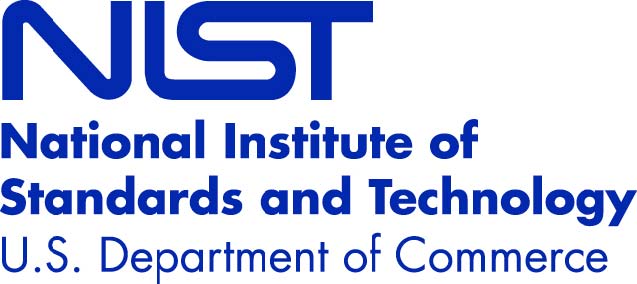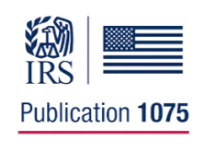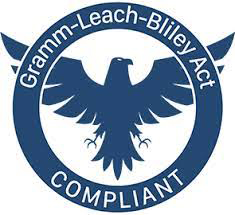The healthcare landscape is in constant flux, and one of the most significant shifts we’re witnessing is the inclusion of cardiology procedures in Ambulatory Surgery Centers (ASCs). For years, cardiology has been the domain of hospitals, but advancements in medical technology and changes in reimbursement models are creating new opportunities for ASCs to expand their service offerings. This evolution represents a monumental change, not just in how care is delivered, but in how it’s reimbursed.
The Rise of Cardiology in ASCs
Cardiology procedures have traditionally been performed in hospital settings due to their complexity and the need for specialized equipment and staff. However, technological advancements have made it possible for certain procedures, such as catheterizations and angioplasties, to be safely conducted in the outpatient setting of ASCs. This shift is not only increasing access to care but is also creating a more patient-friendly environment with shorter recovery times and lower costs.
For ASCs, this expansion into cardiology is a golden opportunity. The demand for cardiovascular procedures is on the rise, driven by an aging population and a growing prevalence of heart disease. As more cardiology services are approved for ASC settings, these centers can diversify their offerings and attract a broader patient base. But with these opportunities come challenges, particularly in navigating the complex reimbursement landscape.
Understanding the Reimbursement Shift
The Centers for Medicare & Medicaid Services (CMS) have been gradually adding cardiology procedures to the list of ASC-approved services. While this is a positive development, it also requires ASCs to adapt to new reimbursement models. Reimbursement for cardiology procedures can vary significantly depending on the procedure, the complexity, and the payor. ASCs must be diligent in understanding these nuances to maximize revenue and ensure compliance.
The inclusion of cardiology in ASCs is expected to drive significant cost savings for the healthcare system. According to industry projections, the number of cardiovascular procedures performed in ASCs could grow by nearly 30% over the next five years. This growth is indicative of a broader trend toward outpatient care, which is often more cost-effective and convenient for patients.
How TSI Supports ASCs in Managing Reimbursement Challenges
As ASCs venture into cardiology, they face the challenge of ensuring that their reimbursement processes are robust enough to handle the complexities of these new procedures. This is where TSI’s expertise comes into play. TSI offers a comprehensive suite of revenue cycle management (RCM) services designed to ease the burden on ASCs and ensure that they receive the full compensation they are entitled to.
Our AI-powered technology and expert teams work together to streamline billing processes, minimize denials, and accelerate cash flow. For ASCs incorporating cardiology, this means having a partner who can navigate the intricacies of reimbursement, from accurate coding and claims submission to effective follow-up and appeal processes. By ensuring that every claim is optimized for approval, TSI helps ASCs reduce their accounts receivable days and improve overall financial performance.
Moreover, TSI’s services extend beyond revenue recovery. We provide strategic insights that help ASCs understand and adapt to changing payor guidelines, ensuring they remain compliant and competitive. By leveraging predictive analytics, we help ASCs identify trends and adjust their practices proactively, which is crucial for maintaining steady cash flow and enabling growth.
The Innovation Factor: Game-Changing Practices
Incorporating cardiology procedures into an ASC’s service line is not just about offering new services; it’s about adopting innovative practices that ensure the highest standards of care. One of the most impactful innovations is the integration of advanced imaging technologies, such as intravascular ultrasound (IVUS). These tools provide detailed images from within the blood vessels, allowing for more precise interventions and better outcomes.
Another practice gaining traction is the implementation of same-day discharge protocols for select cardiovascular procedures. This approach not only reduces the overall cost of care but also improves patient satisfaction by allowing them to recover in the comfort of their own homes. However, to successfully adopt these practices, ASCs must invest in staff training and the latest technologies. TSI’s role in this is critical, as we offer customized training programs that prepare ASC teams for the complexities of cardiology procedures, ensuring that they can deliver top-tier care while optimizing their revenue cycles.
Preparing for the Future
The inclusion of cardiology in ASCs is just the beginning. As the demand for outpatient cardiovascular care continues to grow, ASCs that are prepared to meet this demand will be well-positioned for success. This preparation involves not only expanding service offerings but also building strong relationships with cardiologists and payors. Demonstrating superior outcomes and cost savings will be crucial in negotiating favorable reimbursement rates and ensuring the long-term viability of cardiology in ASCs.
For ASCs looking to enter this space, it’s important to start small and scale gradually. Begin with procedures that your team can confidently handle, and use these initial offerings as a foundation to refine processes and build a reputation for excellence in cardiovascular care. As the market evolves, staying informed and proactive will be key to thriving in this new frontier.
TSI’s comprehensive RCM services are designed to support ASCs through this transition, providing the tools and expertise needed to optimize reimbursement and drive growth. By partnering with TSI, ASCs can confidently expand their service lines, knowing that their revenue processes are in expert hands.
The Bottom Line
The changing reimbursement landscape for cardiology in ASCs is a game-changer. It presents both opportunities and challenges that ASCs must navigate with care. By embracing innovation, investing in technology, and partnering with experts like TSI, ASCs can capitalize on this shift and deliver exceptional care to their patients. The future of cardiology in ASCs is bright, and those who are prepared will be at the forefront of this exciting evolution in healthcare.
Whether you’re an ASC administrator or a healthcare professional, now is the time to explore how these changes can benefit your practice and your patients. As the industry continues to evolve, staying ahead of the curve will be essential for success in this dynamic and rapidly changing environment. TSI is here to help you navigate this journey, ensuring that your ASC thrives and continues to grow.
